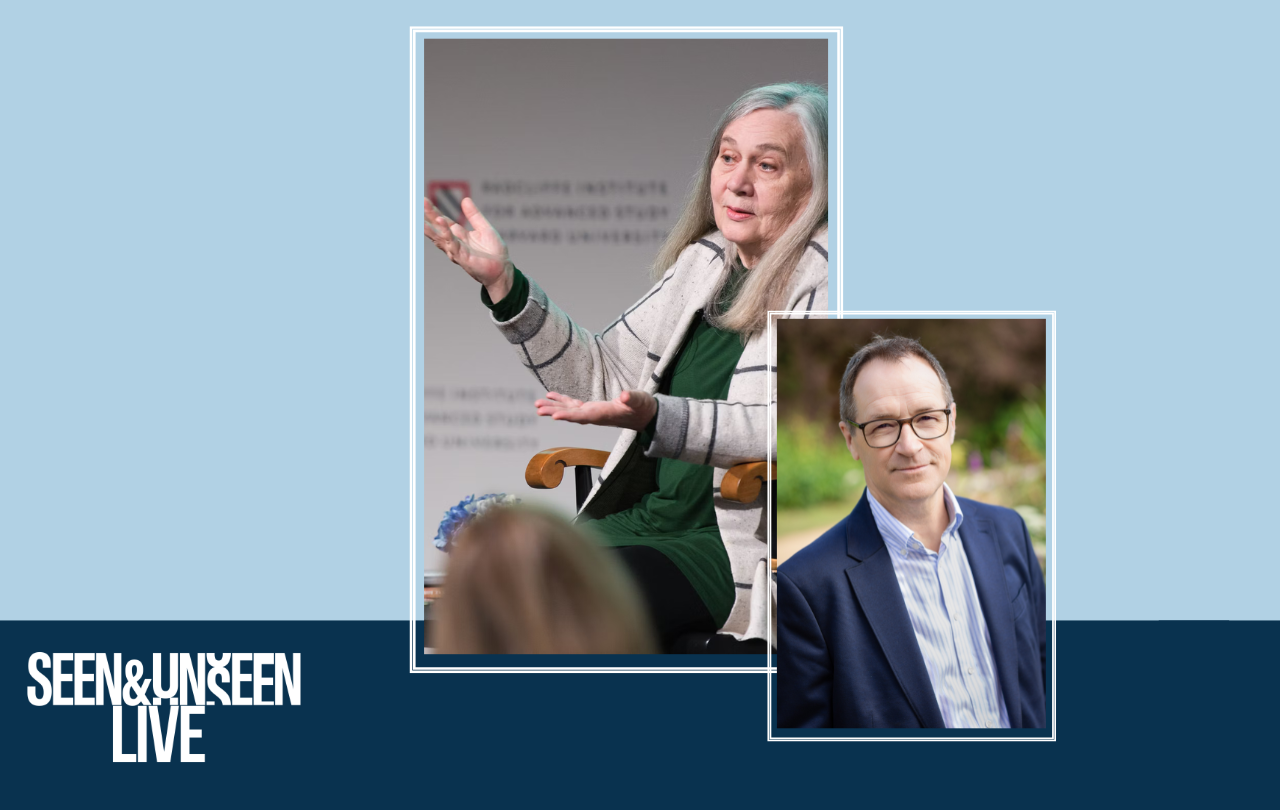
I was talking to someone the other day. She is a website developer and she’s just changed jobs. She is not a loud person, but anyone who meets her knows she is a person of quality, of depth and presence. She emanates a humble confidence. In her old job, she worked in a quiet, fairly sedate, office where she was given the space and the time to bring all her creativity to bear on whatever brief she was given. She was known and appreciated.
But her new job – the job she started last week – is a bit different. Her new colleagues are loud and outspoken. Silence is unknown in their office. They like to work to a soundtrack. The drum and bass keep thumping, and the banter never stops flowing. She’s finding it hard to fit in with her new team. And things weren’t made any easier when, after a few days, her new boss took her aside for a pep talk.
What was the problem? She was ‘too quiet’.
It hurt to hear that. It broke my heart to think that anyone could be so blind. How shortsighted do you have to be, to view the grace and peace someone carries as a problem to be solved? In a world of distressing noise and clamour, she is precisely the kind of person every office needs to temper the insanity.
I’m not worried about her. She’s bright and innovative. She’ll work it out. Either her new boss will see sense, or she’ll leave. And if she does, the queue of employers looking for someone just like her stretches round the block. She’ll be okay.
But it got me thinking about the kind of psychology I study. In my research, she would be called an outlier. One of those people in a team or a family who don’t quite fit in. Not because they are weird or awkward, but because they possess some positive quality the rest of the gang don’t have. They are the creative exuberant in a team who prefer doing things by the book. The hilarious joker in a pack who like to take things seriously. The conscientious worker trying to get on with the job in an office that would rather play now and work later. The kind one in a family of cutthroat competitors.
At the top of the list of reasons for wanting to leave work are the words: I am not appreciated.
The thing is we all have a unique contribution to make to the world, a one-off fingerprint of strengths and abilities never to be repeated in anyone else. In research these have been called Signature Strengths, the unique combination of positive qualities that make you you. And the weird thing is that we don’t have to try that hard to be them. If you are naturally kind, or wise, or grateful, or disciplined you won’t be able to stop yourself being that way. They come effortlessly to us. And if someone tries to stop us being the loving thoughtful faithful person we know ourselves to be, it is like losing a limb. If we find ourselves in a context where the most beautiful things about us are unwelcome – like my friend the website developer – it is like being rejected, right to the core.
But here’s the cool thing. If we can live by our Signature Strengths – if we can wake up each morning and ask the question, how can I use my unique positive qualities in a new way today? – it leads to remarkable improvements in wellbeing. Multiple studies have shown that those who live like this, thinking about how they can bring what is best in them to the opportunities and obstacles of each day, report increased happiness in living. Not only that, but they also show reduced anxiety, stress and depression. It turns out being good is good for us. Who knew.
That’s not the whole story though. To really be our best, we need other people to spot these strengths in us. If they don’t, we feel confined, unable to be ourselves in some way. When I ask people what it is like not to be able to bring their best qualities to the people around them, they come up with some pretty dark images. It is lonely, isolating, a desert, a fog, a prison, like being trapped in a cage. And when researchers ask people why they consider leaving their current job, their answers often reflect something like this. Work-life balance and salary are no doubt important, but often, at the top of the list of reasons for wanting to leave work are the words: I am not appreciated. Something good we wanted to give has not been received. We feel unseen.
So that’s why I say: look out for the outliers. Who is it in your family, your workplace, your neighbourhood, who goes underappreciated? Who do you know who has something good to give, but needs some help to give it? Because if we can learn to see those invisible beautiful qualities in the people around us, we not only give them the joy of being known, we also invite more light and flavour into the world. Life becomes a little less grey.
I just hope my friend’s new boss can learn this while he still has the chance. It is tough for her to feel so misunderstood, but it’s worse for him. She can move on, but he has to remain in an office deprived of the humble compassion she would have brought to it. It’s a question worth asking. What gift of beauty and goodness are we excluding from the world because we failed to see past the packaging?





